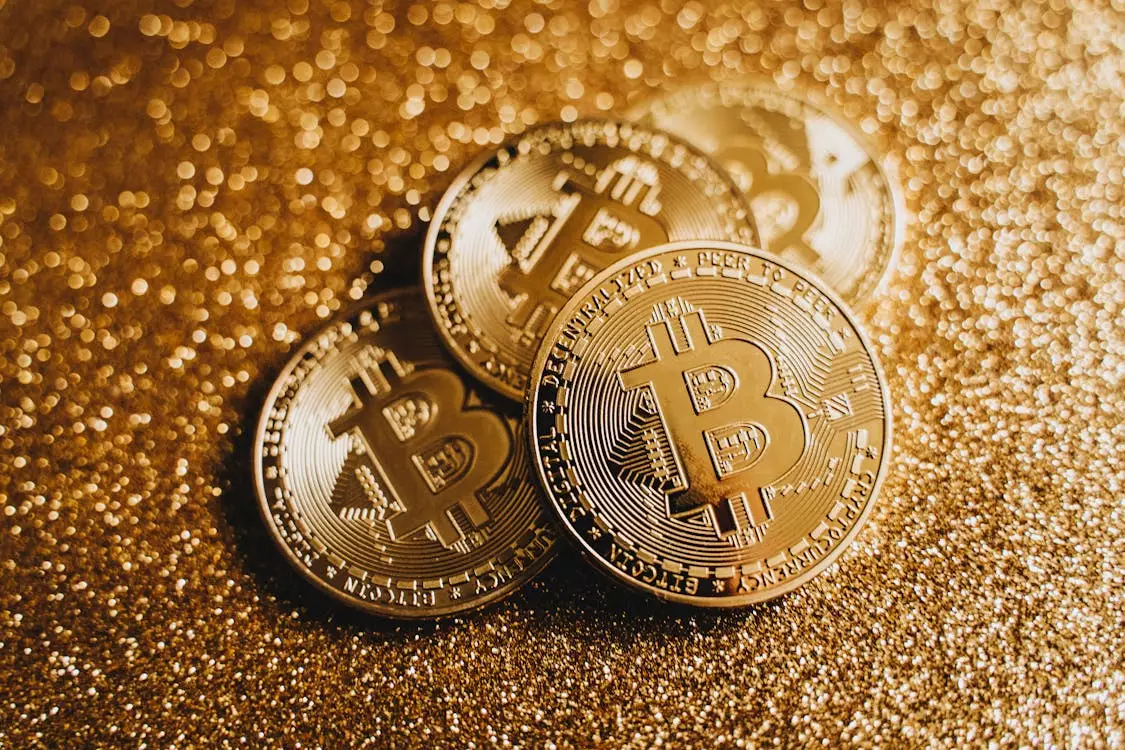In the rapidly evolving landscape of global finance, Bitcoin’s emergence as a formidable contender for a new monetary standard has ignited extensive discussion among economists and financial analysts. Matthew Sigel, the Head of Digital Assets Research at VanEck, emphasizes Bitcoin’s potential to convert into a global monetary standard akin to gold. This argument has gained traction amidst increasing conversations about the U.S. potentially establishing a Strategic Bitcoin Reserve, estimated to quantify one million BTC. If such a reserve materializes, it could fundamentally shift the landscape of modern finance, positioning Bitcoin not just as a digital alternative but as a legitimate currency on the world stage.
The comparison between Bitcoin and gold is not altogether new; however, the recent push towards digital currencies by global governments adds fresh context to these age-old discussions. Gold has been revered for centuries as a stable store of wealth. Still, Bitcoin offers unique attributes that could redefine its utility, such as rapid transferability and enhanced portability. Its digital nature makes Bitcoin less prone to physical theft, rendering it an attractive alternative for investors seeking security as well as efficiency.
What makes Bitcoin particularly appealing is its capped supply, limited to 21 million coins, which offers a form of scarcity that mirrors the finite nature of gold. In uncertain economic times marked by inflation and geopolitical instability, BTC emerges as a potential hedge against traditional vulnerabilities—a sentiment echoed by nations like El Salvador, which has declared Bitcoin as legal tender. As other countries contemplate similar measures, Bitcoin’s global acceptance is beginning to take shape.
However, a critical analysis reveals that Bitcoin’s journey toward becoming a mainstream currency is fraught with complexities. Its notorious volatility poses significant hurdles to widespread adoption. While Bitcoin proponents champion its decentralized and inflation-resistant qualities, skeptics caution against its erratic price fluctuations, which could undermine its credibility as a reliable transactional medium.
The current debate concerning Bitcoin’s place in the financial hierarchy invites reflections on past monetary systems and their evolution. Just as gold defined reserve assets in the era of traditional finance, Bitcoin may serve a similar function in the digital economy. Sigel points to historic instances where nations hoarded gold to strengthen their economic position. Now, the notion that the U.S. could take a more proactive stance in accumulating Bitcoin might set a precedent for a new era of finance.
However, the prospect of Bitcoin developing into something more significant than a speculative asset hinges on its ability to stabilize its value. Analysts argue that stringent regulations and innovations within the crypto space may be necessary to mitigate volatility, thus bolstering Bitcoin’s credibility among institutional investors. The collaboration of traditional financial systems with blockchain technology could also play a pivotal role in enhancing reliability.
As Bitcoin continues its ascent, stakeholders are compelled to evaluate its merits and drawbacks in contrast with gold. Critics emphasize the historical consistency of gold’s purchasing power, arguing that Bitcoin’s unpredictable nature limits its ability to act as a stable store of value. On the flip side, advocates highlight Bitcoin’s transformative potential and its growing role in diversifying investment portfolios. As nations consider adopting cryptocurrencies, it appears that Bitcoin’s narrative is not merely a speculative phenomenon; it is an evolving story of innovation in finance.
As the debate persists regarding whether Bitcoin can rightfully join the ranks of gold as a global standard, both supporters and detractors remain vigilant. The future of money might hinge on the outcomes of this monumental clash between traditional and digital assets. The interaction and evolution of both forms of currency could redefine financial systems, creating new opportunities and challenges in an increasingly interconnected world economy.
While Bitcoin’s role in shaping the future of finance remains uncertain, the ongoing discourse signifies a pivotal transition where the paradigms of the past meet the possibilities of the future. The dialogue surrounding its legitimacy as a new monetary standard continues to captivate attention, leaving analysts and investors alike anticipating what lies ahead in this intriguing financial landscape.



















Leave a Reply